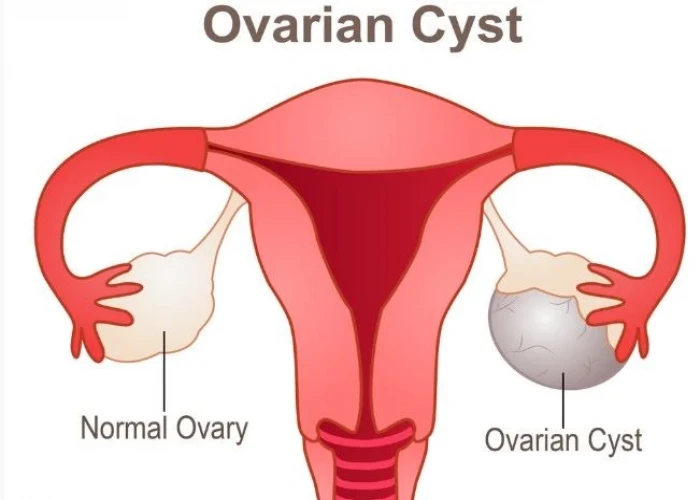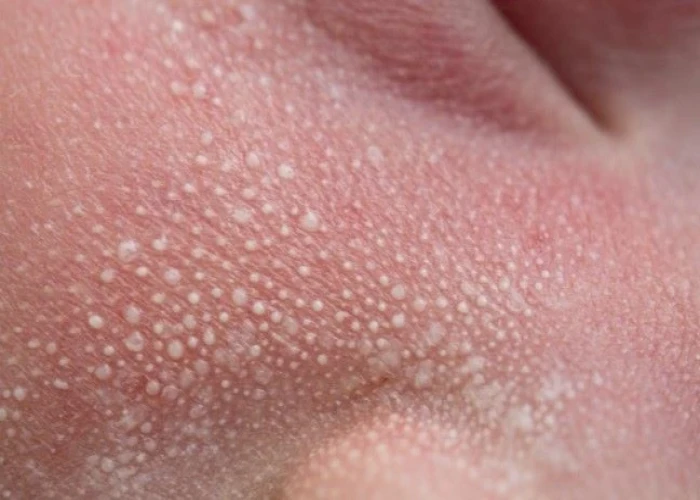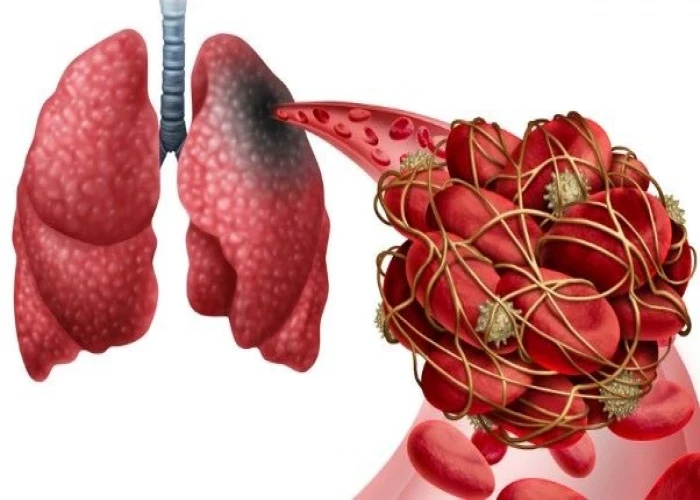 Welcome
Welcome
“May all be happy, may all be healed, may all be at peace and may no one ever suffer."
Primary immunodeficiency

Primary immunodeficiency (PID) is a group of genetic disorders in which the immune system does not function properly, leaving individuals susceptible to infections, autoimmune diseases, and cancers. PID occurs when there is a defect in one or more of the genes responsible for the development and function of the immune system. These defects can affect different parts of the immune system, such as the production of antibodies, the function of white blood cells, or the complement system.
There are more than 400 different types of PIDs, each with its own specific genetic cause, symptoms, and treatments. Some of the most common types of PID include:
- Common variable immunodeficiency (CVID): a disorder that affects the production of antibodies, leading to recurrent infections.
- X-linked agammaglobulinemia (XLA): a disorder that affects the development of B cells, leading to low levels of antibodies and recurrent bacterial infections.
- Severe combined immunodeficiency (SCID): a disorder that affects the development of T cells and B cells, leading to a lack of immune function and susceptibility to life-threatening infections.
- Chronic granulomatous disease (CGD): a disorder that affects the function of white blood cells called neutrophils, leading to recurrent bacterial and fungal infections.
- Wiskott-Aldrich syndrome (WAS): a disorder that affects the function of white blood cells called lymphocytes and platelets, leading to recurrent infections, eczema, and bleeding disorders.
PID can be diagnosed through a combination of clinical examination, blood tests, and genetic testing. Treatment options for PID include antibiotics to treat infections, immunoglobulin replacement therapy to replace missing antibodies, and stem cell transplantation to replace defective immune cells. With appropriate treatment, many individuals with PID can live long and healthy lives.
Research Papers
Disease Signs and Symptoms
- Pneumonia
- Inflammation and infection of internal organs
- Frequent and recurrent pneumonia, bronchitis, sinus infections, ear infections, meningitis or skin infections
- Diabetes
- Diarrhea
- Nausea or vomiting
- Loss of appetite
- Low red blood cells (Anemia)
- Ear infections
- Blood disorders, such as low platelet counts or anemia
Disease Causes
Primary immunodeficiency
Many primary immunodeficiency disorders are inherited — passed down from one or both parents. Problems in the genetic code that acts as a blueprint for producing the cells of the body (DNA) cause many of these immune system defects.
There are more than 300 types of primary immunodeficiency disorders, and researchers continue to identify more. They can be broadly classified into six groups based on the part of the immune system that's affected:
- B cell (antibody) deficiencies
- T cell deficiencies
- Combination B and T cell deficiencies
- Defective phagocytes
- Complement deficiencies
- Unknown (idiopathic)
Disease Prevents
Primary immunodeficiency
Because primary immune disorders are caused by genetic changes, there's no way to prevent them. But when you or your child has a weakened immune system, you can take steps to prevent infections:
- Practice good hygiene. Wash your hands with mild soap after using the toilet and before eating.
- Take care of your teeth. Brush your teeth at least twice a day.
- Eat right. A healthy, balanced diet can help prevent infections.
- Be physically active. Staying fit is important to your overall health. Ask your doctor what activities are appropriate for you.
- Get enough sleep. Try to go to sleep and get up at the same time daily, and get the same number of hours of sleep every night.
- Manage stress. Some studies suggest that stress can hamper your immune system. Keep stress in check with massage, meditation, yoga, biofeedback or hobbies. Find what works for you.
- Avoid exposure. Stay away from people with colds or other infections and avoid crowds.
- Ask your doctor about vaccinations. Find out which ones you should have.
Disease Treatments
Disease Diagnoses
Disease Allopathic Generics
Disease Ayurvedic Generics
Disease Homeopathic Generics
Disease yoga
Primary immunodeficiency and Learn More about Diseases

Ebola virus and Marburg virus

Smallpox

Germ cell tumors

Brain aneurysm

Spider bites

Ovarian cysts

Milia

Pulmonary embolism
primary immunodeficiency, প্রাথমিক অনাক্রম্যতা
To be happy, beautiful, healthy, wealthy, hale and long-lived stay with DM3S.
